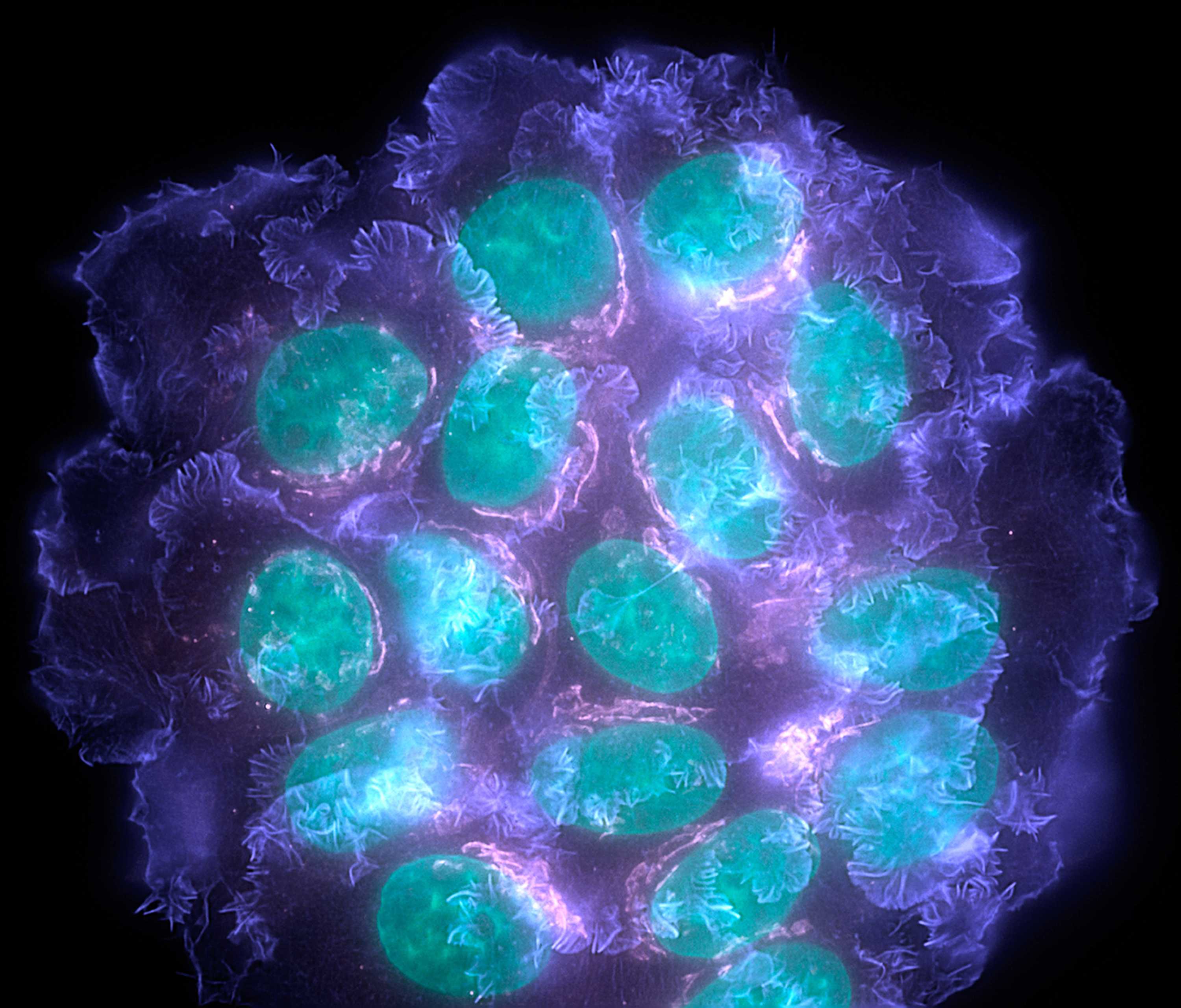Protein That Keeps Metastatic Breast Cancer Cells Dormant
For many patients with breast cancer, symptomatic bone metastases appear after years of latency. How micrometastatic lesions remain dormant and undetectable before initiating colonization is unclear.
But now, Spanish scientists have described a mechanism involved in bone metastatic latency of oestrogen receptor-positive (ER+) breast cancer. They have thereby identified a protein that maintains breast cancer cells in a dormant state, which could be manipulated to control the spread of the disease.
A study headed by ICREA researcher Roger Gomis at the Institute for Research in Biomedicine (IRB Barcelona) has identified the genes involved in the latent asymptomatic state of breast cancer metastases. “We are interested in understanding the mechanisms underlying metastasis and the time component of this process. Until now, little was known in preclinical models about the mechanisms that allow breast cancer cells to leave the latent state and even less is known in patients,” explains Mr. Gomis, head of the Growth Control and Cancer Metastasis Lab.
The team initially hypothesized the protein kinase MSK1 as a key regulator of dormant or latent metastases. They later used clinical samples from patients, to confirm that ER + breast cancer tumours that do not express MSK1 are associated
with a risk of earlier relapse, while those that express this molecule will form metastases later.
The researchers believe that in the future this discovery may benefit patients in two ways. Firstly, it will help to identify those with an imminent risk of relapse and to adjust the treatment for this prognosis. Secondly, attempts could be made to design a treatment to mimic the function of MSK1 kinase, with the aim to maintain metastatic lesions in a latent and asymptomatic state for as long as possible.






























